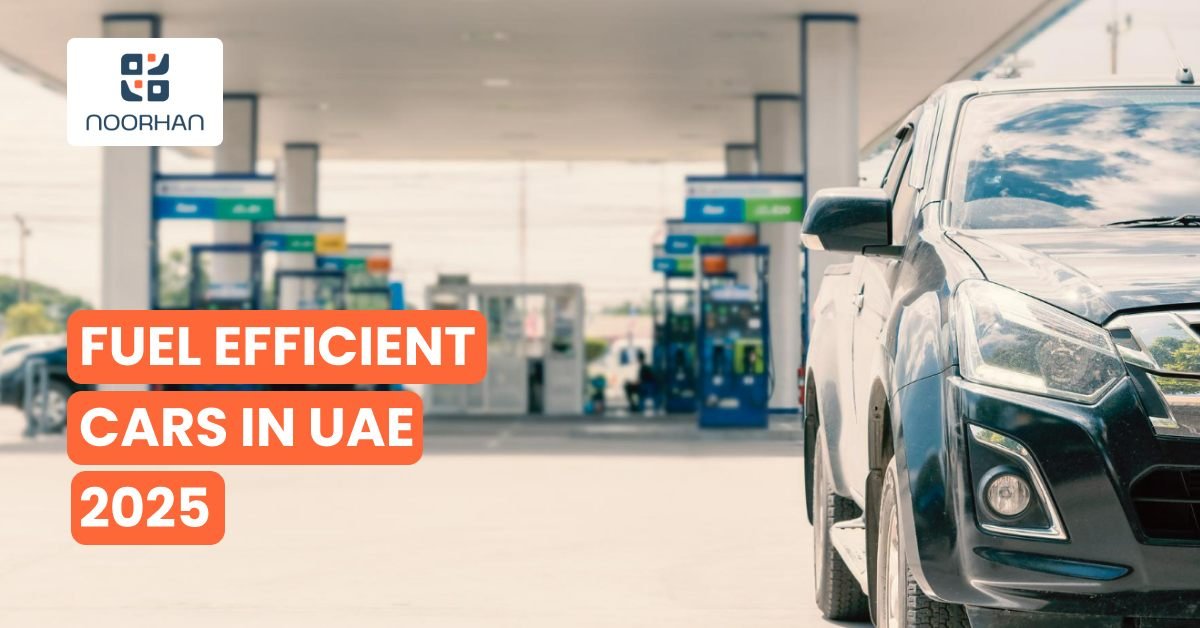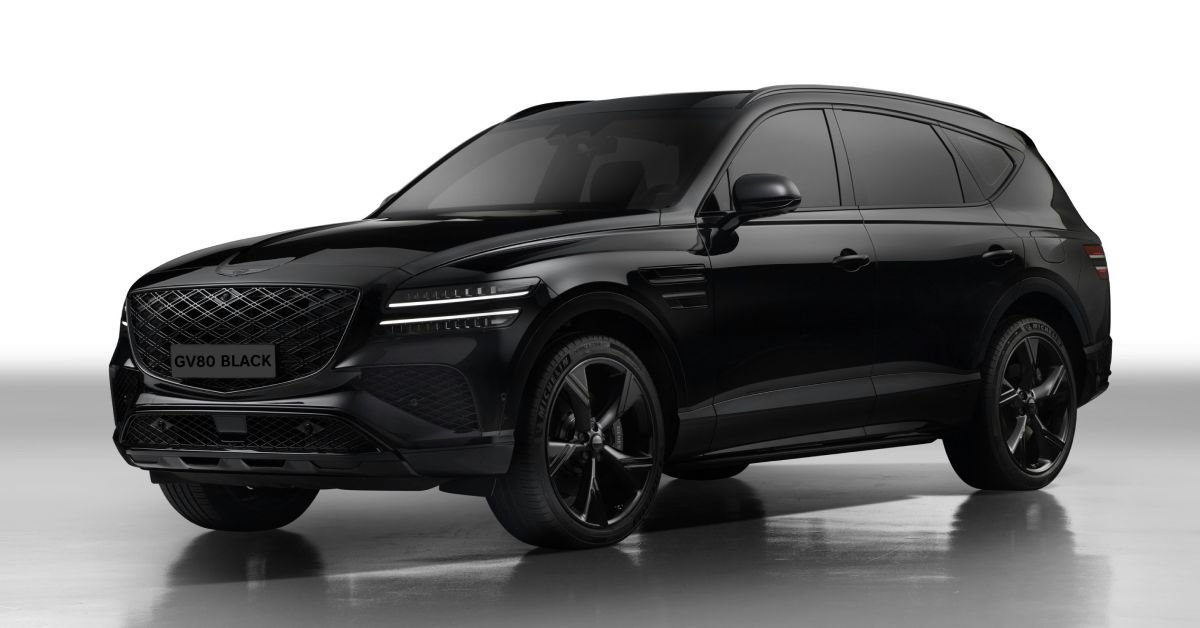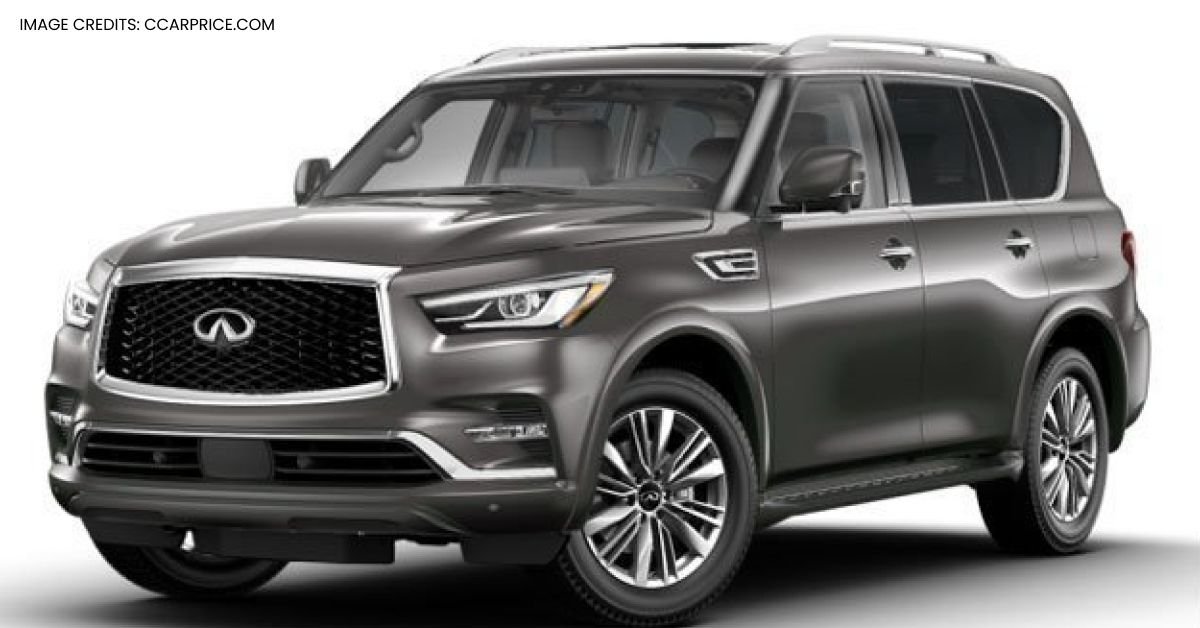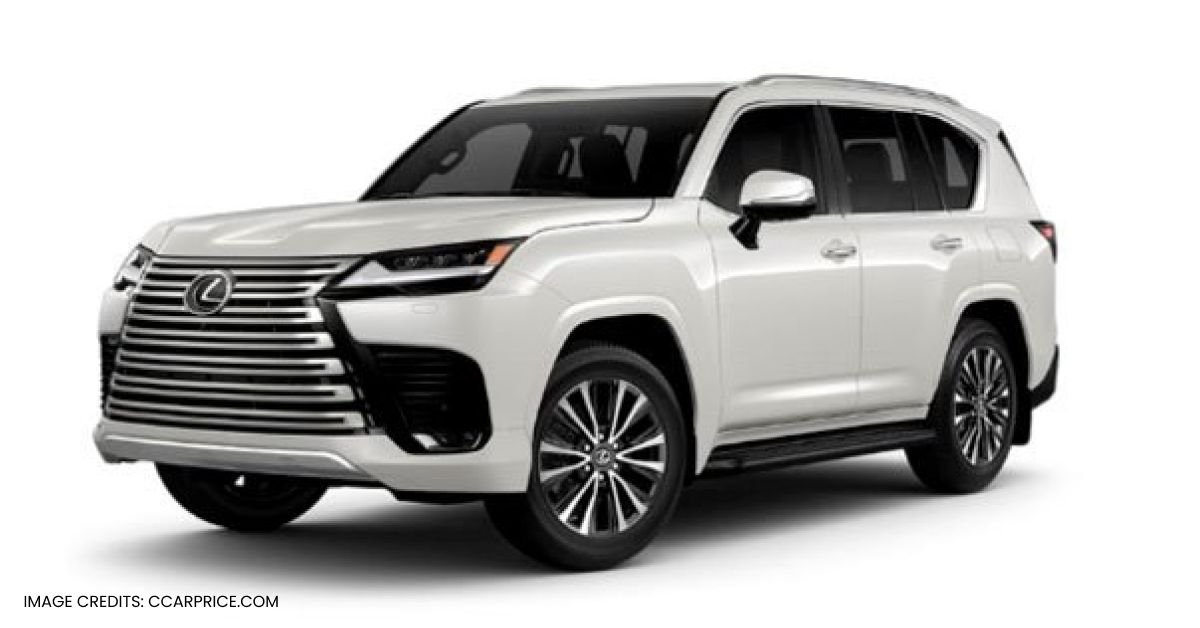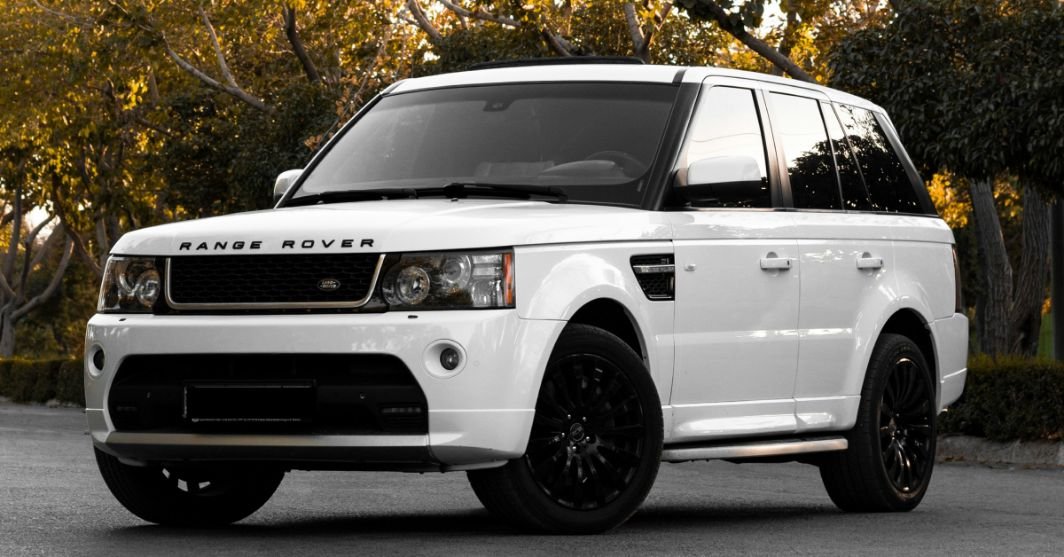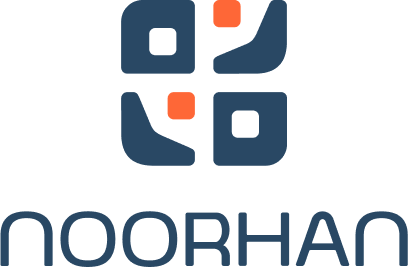-
Impact of UAE HeatImpact of UAE Heat
-
Smart Parking TipsSmart Parking Tips
-
Window TintingWindow Tinting
-
Interior ProtectionInterior Protection
-
Battery & Electrical CareBattery & Electrical Care
-
AC System MaintenanceAC System Maintenance
-
Engine Cooling TipsEngine Cooling Tips
-
Summer Parking StrategiesSummer Parking Strategies
-
FAQsFAQs
The security guard at Dubai Mall saw smoke coming from a parked Chery Tiggo 7 Pro last August. The owner had left the car in direct sunlight for six hours while shopping. The dashboard had warped badly. The airbag warning light came on. The screen showed permanent damage. The repair bill? AED 8,500. The warranty didn’t cover it.
Dubai’s summer sun turns parking lots into ovens every year. Chinese car owners face bigger problems. These cars were built for places that rarely see temps above 40 degrees. But Dubai hits 50 degrees regularly. Parked cars get as hot as 80 degrees inside. Parts that work fine in Shanghai struggle here.
How UAE Heat Hurts Chinese Cars
A car parked in Dubai summer sun reaches 70 to 80 degrees inside within 30 minutes. Chinese makers test their cars well. But Chinese summers rarely go above 40 degrees. This 30-degree gap creates problems UAE drivers didn’t expect.
Chinese makers use different plastics than Japanese or European brands. A Geely dealer in Sharjah explains this well. Chinese dashboards use cheap plastic blends. These work great in cold weather. But they crack under UAE sun and heat.
The glue holding trim pieces also struggles. Great Wall and Haval owners see door panels come loose. Ceiling fabric sags. Center console pieces fall off after two summers. The glue works fine in Beijing. But it fails when car interiors get too hot.
Electronic Parts Break Down
Modern Chinese cars pack lots of tech into cheap packages. But these electronic parts hate UAE heat. Big touchscreens develop dead spots. They stop responding to touch. LCD panels use liquid crystal tech. This literally boils at very high temps.
Parking sensors fail more often here. Reverse cameras break down. Control units in hot spots fail frequently. A BYD service center in Abu Dhabi replaces parking sensors three times more than normal. The plastic cases crack. Dust and heat get inside and damage the electronics.
| Part | Breaks At | UAE Car Temp | Lasts In UAE |
|---|---|---|---|
| LCD Screen | 65°C | 75-80°C | 2-3 years |
| Dashboard Plastic | 70°C | 75-80°C | 2-4 years |
| Door Seals | 60°C | 70-75°C | 3-4 years |
| Battery | 45°C | 50-55°C | 2-3 years |
Smart Parking Tips for Dubai Heat
Where you park decides how long your Chinese car lasts. Covered parking can add years to your car’s life. It saves thousands in repairs.
First, find covered spots during your daily routine. Mall garages give free protection when you shop. Dubai Metro stations have covered parking for small fees. Many offices now offer basement parking. Every hour under cover helps a lot during summer.
Can’t find covered parking? Position matters. Park facing away from afternoon sun. Face east in the morning. Face west in the evening. This protects your dashboard and steering wheel. Trees don’t help much here. The sun moves too much. But buildings make good shadows you can learn.
When to Park
Stay out of the sun between 11 AM and 4 PM. This cuts damage a lot. A Changan CS55 owner in Ajman changed his gym time to early morning. He avoided four hours of midday parking. His dashboard looks new after three years. His neighbor parks at lunch. He already replaced his dashboard twice.
Some Chinese car owners work together. Three MG ZS owners in Dubai Media City share two covered spots. They rotate based on who needs longer parking. This helps all three cars stay cooler.
Window Tinting and Protection
Window tinting works best for heat protection. But UAE rules and quality matter when protecting Chinese cars.
Dubai allows 30 percent tint on front windows. No limits on rear windows. But film quality matters more than darkness. Ceramic tints block 85 percent of heat. They meet legal rules too. Good ceramic tinting costs AED 1,500 to 2,500. It pays for itself by preventing damage.
Chinese dealers rarely offer good tinting. You’ll need aftermarket installation. Pick installers carefully. Bad work on Chinese cars can mess up rain sensors. It can break automatic headlights. It can damage lane systems.
Front Window Protection
You can’t tint the front windshield much. This makes sunshades important. Good reflective shades cut interior temp by 15 to 20 degrees. Custom-fit shades work better than universal ones. Chinese cars have different dashboard shapes.
Some GAC and Trumpchi owners use clear ceramic films on windshields. These block heat without reducing visibility. Installation costs AED 800 to 1,200. This protects dashboard plastic. It also reduces AC load and helps the compressor last longer.
Interior Protection That Works
Different materials fail in different ways. Chinese cars with black trim, leather seats, and big screens need full protection.
UV sprays made for cars create sun barriers. Use these monthly in summer. Focus on dashboard top, door panels, and center console. Don’t use silicone products. They make shiny surfaces that attract more heat. Water-based products work better on Chinese car plastics.
Dashboard covers give physical protection from sun. Custom covers for Chinese models cost AED 200 to 400. They prevent thousands in dashboard replacement costs. Don’t use universal covers. They shift while driving. This can block airbags.
Protecting Seats
Leather seats in Chinese cars crack and fade without protection. Seat covers seem obvious. But pick carefully. Perforated leather seats have ventilation. Covers block this feature. Instead, use leather conditioner monthly. Use windshield shades to block direct sun.
Fabric seats have different problems. Heat breaks down the glue bonding fabric to foam. This causes bubbles and separation. Fabric protectors like Scotchgard help. But parking strategy works better than any treatment.
| Protection Method | Cost (AED) | How Well It Works | How Often to Apply |
|---|---|---|---|
| Ceramic Tint | 1,500-2,500 | Excellent | Once (permanent) |
| UV Spray | 50-80 | Good | Monthly |
| Dashboard Cover | 200-400 | Very Good | Replace every 2 years |
| Sunshade | 30-100 | Good | As needed |
| Leather Conditioner | 60-120 | OK | Monthly |
Battery and Electrical Care
Chinese car batteries struggle in UAE heat. High engine temps plus AC demands create perfect conditions for battery failure.
Check battery water monthly if you have regular batteries. Many Chinese cars still use batteries you can service. Water evaporates fast in UAE heat. This exposes plates and causes damage you can’t fix. Keep distilled water in your garage for regular top-ups.
Battery heat shields give extra protection. Some Haval and Chery models don’t have good shields. Aftermarket shields cost AED 150 to 300. They cut battery temp by 10 to 15 degrees. This can double battery life from two to four years.
Managing Electrical Load
Cut electrical stress by using fewer accessories in extreme heat. Phone chargers, dash cameras, and add-ons draw power even when the engine runs. The alternator works harder. This makes more heat. A Jetour owner in Ras Al Khaimah saw his alternator fail after adding many accessories. Replacement cost AED 2,200. The car was off-road for a week waiting for parts.
Park with windows cracked slightly when safe. Small gaps prevent interior heat buildup. This cuts AC load during startup. This simple trick helps compressor life and reduces electrical strain.
AC System Care
AC is life-safety equipment in the UAE, not just comfort. Chinese car AC systems work well but need special care for constant extreme use.
Service AC every six months instead of yearly. Constant use in UAE speeds up wear on all parts. Replace cabin filters every three months. Dust buildup cuts cooling and forces the system to work harder. Noorhantrdg.com stocks cabin filters for most Chinese models at half dealer prices.
AC refrigerant needs more than pressure checks. Oil mixed with refrigerant lubricates compressor internals. This oil breaks down faster with constant use. This leads to compressor failure. Yearly oil changes during AC service prevent AED 3,000 to 5,000 compressor replacements.
How to Use AC Right
Start your Chinese car and run AC on recirculation for two minutes before driving. This cools interior air without straining the engine during hot starts. Gradual cooling reduces shock to dashboard plastics and electronic displays.
Don’t use maximum AC right after starting. Chinese cars often use variable compressors. These suffer when forced to max output from cold starts. Increase cooling gradually over five minutes. This extends compressor life.
Engine Cooling System Changes
Chinese engines work well mechanically. But cooling systems sometimes lack extra capacity for extreme conditions. Understanding these limits helps prevent overheating and expensive repairs.
Use coolant made for aluminum engines and extreme heat. Many Chinese makers specify coolants for their home standards. These focus on freeze protection over cooling. UAE conditions need coolants with higher boiling points and better heat transfer.
Coolant replacement needs adjustment for UAE use. Maker specs might say two years. But yearly replacement prevents corrosion and keeps cooling working well. A Borgward BX7 owner learned this after head gasket failure at 40,000 kilometers. Repair cost over AED 12,000. It took three weeks for parts.
Radiator and Fan Care
Keep radiator fins clean with monthly checks and cleaning. Dust and sand buildup cuts cooling by up to 30 percent. Use low-pressure water from the engine side outward. Don’t use high-pressure washing. This bends delicate fins.
Electric cooling fans in Chinese cars sometimes can’t handle stop-and-go Dubai traffic. Adding auxiliary fans costs AED 500 to 800. This prevents overheating during summer traffic jams. Several Zotye and BAIC owners say this mod eliminated overheating completely.
Summer Parking Tips
Many UAE residents travel during peak summer months. They leave cars parked for long periods. Chinese cars need special prep to prevent heat damage during storage.
Disconnect the battery negative terminal. This prevents drain and reduces electrical stress. Chinese cars often have higher draws. Many electronic modules stay active. A disconnected battery prevents both discharge and heat-related electrical failures.
Put protective coatings on all rubber seals before storage. Door seals, window seals, and hood seals break down fast when sitting in heat. Silicone spray or rubber protectant prevents cracking. It keeps seal integrity.
Where to Park
Indoor storage is best but expensive. Covered airport parking offers good protection for AED 40 to 60 daily. Some Chinese car owners form storage groups. They rent shared warehouses in Al Quoz or Sharjah Industrial areas. Splitting costs makes climate-controlled storage affordable.
If you must store outside, buy a quality car cover made for extreme heat. Don’t use cheap covers. They trap moisture and heat. This speeds up damage. Breathable covers with reflective outer layers cost AED 400 to 600. They prevent paint oxidation and interior damage.
Frequently Asked Questions
Do Chinese cars really get more heat damage than other brands?
Chinese cars made for home markets show higher heat problems than cars made for Middle Eastern conditions. But newer Chinese models use better heat-resistant materials. They use improved cooling systems based on UAE market feedback.
What breaks first from heat in a Chinese car?
Dashboard cracking shows up first. Usually within 18 to 24 months of regular sun exposure. Battery failure comes next. Most original batteries last only two years in UAE conditions without proper care.
Can window tinting void my Chinese car warranty?
Professional installation by certified shops shouldn’t hurt warranty coverage. But tinting that messes with sensors or needs door panel removal might create warranty disputes. Always tell your dealer about modifications. Keep installation receipts.
How much should I budget yearly for heat damage prevention?
Budget about AED 2,000 to 3,000 for the first year. This includes window tinting and protective accessories. Later years need AED 500 to 1,000 for maintenance products and treatments.
Will underground parking really extend my Chinese car's life?
Underground parking can add two to three years to interior parts. It cuts AC system strain by 40 percent. Monthly parking fees often cost less than one major heat-related repair.
Should I modify the cooling system in my Chinese car?
Stock cooling systems work fine with proper maintenance. But adding auxiliary fans or upgraded radiators helps if you sit in traffic often or tow trailers. Talk to specialists who know your specific model before modifications.
Which Chinese car brand handles UAE heat best?
MG and GAC models show better heat resistance. They’ve been in Middle Eastern markets longer. These brands used regional feedback in recent designs. They use better materials and cooling specs.
Can I prevent heat damage with only outdoor parking?
Regular use of sunshades, monthly protective treatments, and smart parking angles cut damage a lot even without covered parking. The key is minimizing direct sun exposure and keeping protective barriers.
Protecting your Chinese car from UAE heat takes attention but it’s totally doable. The mix of preventive measures, regular maintenance, and smart parking choices ensures your car survives and thrives despite tough conditions. Heat damage builds up slowly. Start protection measures today to prevent expensive repairs tomorrow.
Whether you drive a Chery, Geely, Great Wall, or any Chinese brand, these strategies extend car life and keep reliability. Noorhantrdg.com supports Chinese car owners with the right parts, fluids, and expertise for UAE conditions. Your investment stays protected throughout its service life. UAE’s extreme climate tests every car. But informed owners who take the right steps enjoy years of reliable service from their Chinese cars.



